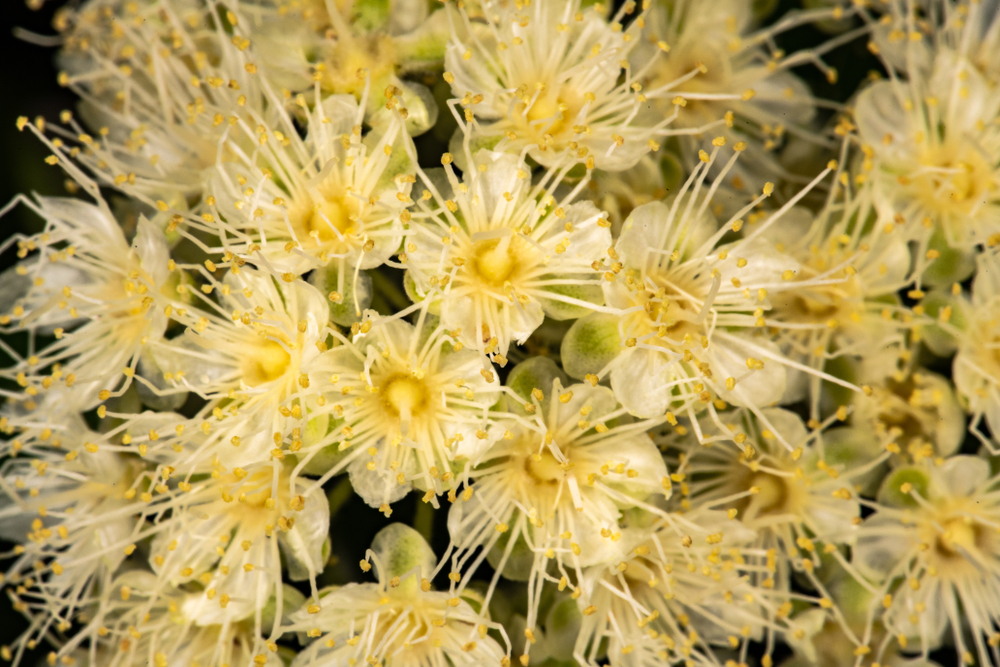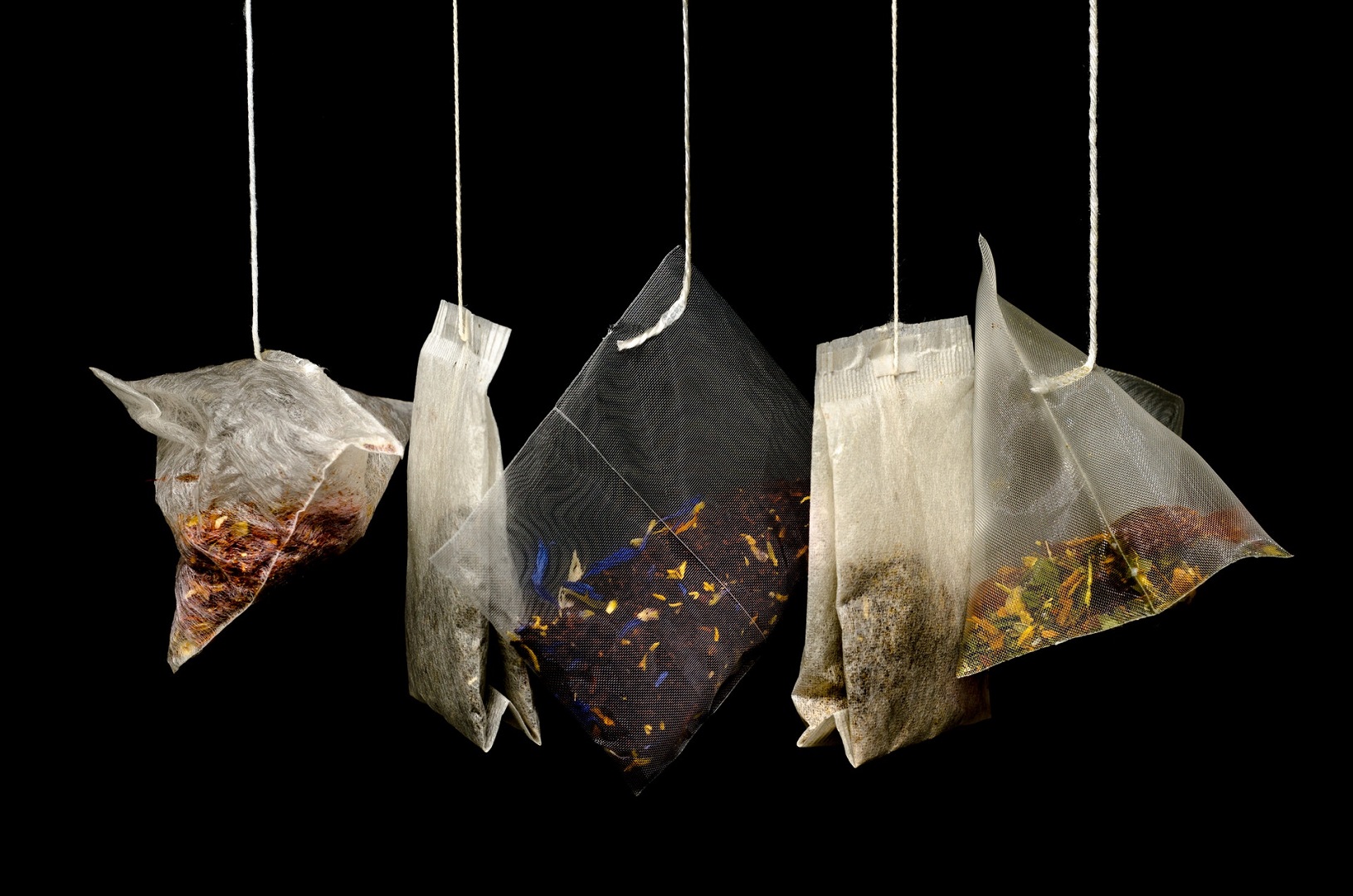
|
Contents |
Lemon myrtle leaves are among the traditional ingredients used in Australia and that have also become popular around the world in the form of lemon myrtle tea. Aside from the flavour, there are also a lot of health benefits that would make you want to drink lemon myrtle tea.
What is Lemon Myrtle?
The botanical name of lemon myrtle is backhousia citriodora. It is a rainforest tree that can grow up to 8 metres high and is endemic in Queensland. Other names used for lemon myrtle include sweet verbena, lemon scented verbena, and lemon scented backhousia. Young lemon myrtles are commonly found in parts of Queensland, especially in Brisbane suburbs where they are used as decorative bushes. They are cultivated for the delicate lemon scent and their lovely white flowers. They are grown commercially for their high citral (lemon oil) content using a steam distillation extraction process. The oil is used in cleaning and cooking and skin care.
Lemon myrtle leaves have gained popularity in Australia and around the world, thanks to the delightful lemony flavor of lemon myrtle tea. This versatile plant offers numerous health benefits and has a long history of use in traditional medicine and culinary applications. In this article, we'll explore the cultivation and harvesting of lemon myrtle, its significance in traditional Indigenous Australian medicine, its various culinary uses, and safety precautions when using this remarkable plant.

Health Benefits of Lemon Myrtle Tea
There is a high concentration of citral in the leaves of lemon myrtle which comprise 90-98% of the essential oils. Some of the health benefits of citral include:
- It is an antifungal and antimicrobial agent.
- It is non-acidic.
- It is high in antioxidants.
- It is anti-inflammatory.
- It alleviates stress, depression and insomnia.
Due to its immense health benefits, lemon myrtle tea is said to be able to relieve common pain and conditions such as spasms and muscle cramps, rheumatism, and headaches. Studies have also revealed that citral can help inhibit the growth of pathogens, organisms that cause diseases such as ulcers. It is also said to help reduce cellulite, and the antioxidants found in citral can help boost the immune system. It can be used alone or combined with green tea as a caffeine replacement for coffee and black tea.
Mixing sea salt into lemon myrtle tea makes an effective mouthwash to get rid of bad breath. Just make sure to cool the tea before gargling. Additionally, the same concoction can be used as a facial wash to clear out pimples and acne.
Research has also shown that lemon oil treats molluscum contagiosum, a viral skin infection that commonly affects children and immunocompromised individuals. A team of biomedical researchers saw a significant improvement in 16 children who had the condition after applying the oil for 21 consecutive days.
Herbalists and aromatherapists use lemon myrtle and its essential oil for various reasons. The fragrant aroma gives off a wonderful relaxing effect and is also said to improve your concentration as well as promote better sleep. It can be used as inhalant for treating colds, flus, and other congestive disorders. As a topical treatment, it can be used for various skin conditions like warts and herpes simplex. Although it can be applied to the skin in full strength, it is best advised to dilute it first with neutral vegetable oils.
Conditions It Can Help With
The lemon myrtle tree is more than a sight to behold. Its leaves, and the oil they produce, aren't only healing to one's senses and emotions, but they also add flavour to different kitchen recipes and address a host of ailments and conditions. If you haven't added this Australian plant to your pantry and medicine cabinet yet, doing so will keep diseases at bay and your family safe.
Infections
Various infections can wreak havoc on your health and hardly show signs of their invasion. Thanks to its antiviral components, lemon myrtle tea can help you combat infections that cause a host of health issues, including colds and sinusitis, bronchitis, allergies, skin conditions, body odour and bad breath, among others.
Sore throat
If you're experiencing a sore throat due to a bad cold or weather, taking a cup of lemon myrtle tea will make you feel better as its antibacterial properties can kill germs on the spot. In addition to tea, you can add the leaves of the plant to soups to relieve the pain in your throat.

Viral infections
Microorganisms that cause viral infections are transmitted through particulate matter, direct contact with the skin, or ingestion of contaminated food or drink. Taking lemon myrtle infusions regularly helps ward off viruses if not kill them instantly before they can have a negative impact in your body.
Digestive issues
Storing lemon myrtle tea bags in your kitchen cabinet will spare you from a slew of gut issues. They are the go-to solution for diarrhoea, bloating, constipation and other digestive problems. The leaves of the Australian native contain antibacterial properties that inhibit bacteria as well as aid digestion.
Depression and anxiety
The benefits of lemon myrtle go beyond physical health. The fragrance of its oil calms the mind, promotes positive feelings and induces relaxation. Add a few drops of oil to your diffuser and rub some on your body to release any tension and gain a new perspective.
Bad breath
Gargling cooled lemon myrtle tea mixed with sea salt is an instant remedy for bad breath. You can also pulverise the leaves and add it to your toothpaste to get rid of bacteria and make your mouth feel fresher.
Body odour
Body odour isn't caused by sweat alone; it's caused by the bacteria on your skin that feeds on the sweat. To get rid of it, add a few drops of lemon myrtle oil and a cup of sea salt in your bath before soaking in the tub.
Degenerative diseases
The leaves of a lemon myrtle tree contain antioxidant compounds that combat free radicals which damage the cells and trigger symptoms of degenerative diseases, including heart disease, cancer, diabetes, eye diseases and tumours, to name a few.
Where & How to Buy Lemon Myrtle Tea
Since lemon myrtle trees are endemic to Australia, anything made out of its leaves and oil, such as tea bags and infusions, is available practically everywhere in the country. Don't worry if you're not blessed with a green thumb to grow your own tree in your backyard, as you can access this medicinal plant from several places.
Natural sources
If you're looking for fresh leaves to mix into soups or make into tea, drive down to a lemon myrtle farm. However, you don't need to go very far if you have a neighbour who grows clusters of lemon myrtle trees in their backyard.
Infusions
Taking lemon myrtle infusions regularly can improve your health in more ways than you can imagine. If you know of a herbal store in your neighbourhood that sells high-quality products, ask them if they offer packs of these herbal infusions. You can also shop online for convenience.

Tea bags
Drinking a cup of lemon myrtle tea every day will help you maintain good health. Your preferred brand should be available in your favourite grocery or health food store. If you don't find it there, you can always head over to the website of an authorised online dealer for lemon myrtle tea bags.
Cultivation and Harvesting of Lemon Myrtle
To cultivate lemon myrtle, it's essential to provide well-draining soil and a sunny location. While the plant is relatively hardy, it may need protection from frost in colder climates.
Harvesting lemon myrtle leaves is typically done during the warmer months when the leaves are most fragrant. It's essential to pick the leaves early in the morning to capture their highest essential oil content. The leaves can then be dried, used fresh, or processed into essential oil through steam distillation.
Culinary Uses of Lemon Myrtle
Lemon myrtle's unique lemony flavor and aroma make it a versatile ingredient in a wide range of culinary applications. The leaves can be used fresh or dried and ground into a powder to add a zesty twist to dishes like fish, chicken, and vegetables. Lemon myrtle can also be infused into oil or vinegar for dressings, marinades, and sauces.
In baking, lemon myrtle can be used as a natural flavoring in cookies, cakes, and other desserts. Additionally, it pairs well with other herbs and spices, such as ginger, garlic, and chili, to create unique and flavorful combinations. Its high citral content makes it an excellent substitute for lemon zest or lemongrass in recipes.
Safety and Precautions When Using Lemon Myrtle
Although lemon myrtle is considered safe for most people, it's essential to be aware of potential side effects, allergies, and contraindications. Some individuals may experience skin irritation or allergic reactions when using lemon myrtle essential oil topically. To minimize this risk, it's recommended to perform a patch test before applying the oil to a larger area and always dilute it with a carrier oil.
Pregnant and breastfeeding women should consult with a healthcare professional before using lemon myrtle, as its safety during pregnancy has not been well-established. Moreover, it's essential to follow recommended dosages and applications for different age groups and health conditions to ensure the safe and effective use of lemon myrtle products.
Evidence and Studies Involving Lemon Myrtle Tea
There have been a limited number of studies conducted on the benefits of lemon myrtle, primarily focusing on its essential oil and extracts rather than specifically on lemon myrtle tea. Some of these studies have found potential health benefits, but more research is needed to establish the full extent of lemon myrtle's potential benefits.
-
Antimicrobial properties: A study published in the Journal of Agricultural and Food Chemistry (2003) reported that lemon myrtle essential oil exhibited significant antimicrobial activity against a range of bacteria and fungi, including Escherichia coli, Staphylococcus aureus, and Candida albicans. This suggests that lemon myrtle tea might have antimicrobial properties as well.
-
Anti-inflammatory effects: A study published in the Journal of Ethnopharmacology (2008) investigated the anti-inflammatory effects of B. citriodora leaf extract in rats. The results indicated that the extract reduced inflammation, supporting the traditional use of lemon myrtle for inflammatory conditions.
-
Antioxidant properties: A study published in the journal Food Chemistry (2007) analyzed the antioxidant activity of various Australian native herbs, including lemon myrtle. The study found that lemon myrtle exhibited strong antioxidant activity, which may contribute to its potential health benefits.
You can also check out the wide range of products of reputable sellers who are listed on the Natural Therapy Pages. To place an order or make an enquiry about lemon myrtle tea, powder or infusions, use their contact form so that they can assist you.
|
Do you have a natural health & wellness business? |








